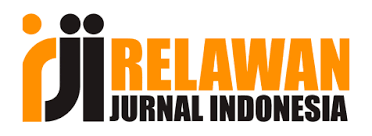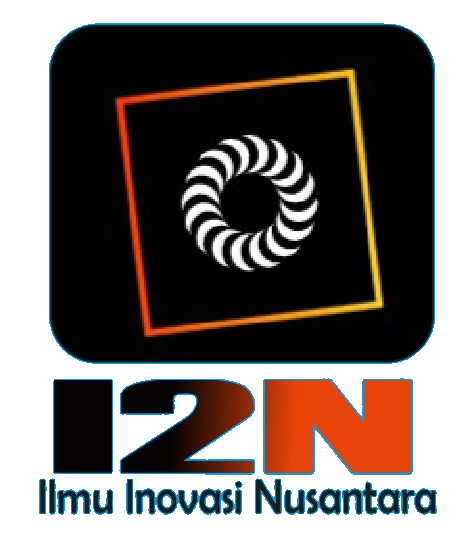Using Audio-Lingual-Method to Overcome Student’s Listening Problem In Senior High School Kartika Pematangsiantar
DOI:
https://doi.org/10.58557/ijeh.v2i2.74Keywords:
Audio Lingual Method, Effect, Listening Skill, ProblemAbstract
Listening is one of the basic skills in learning English. Teaching listening to students is significant, as listening to itself is crucially important in life. Those who do not know how to listen cannot listen to their family friends and understand what is said. Listening has been taught since junior high school through audio, video, songs, games. However, there are still many students who have difficulty listening. Then after we made observations in Senior High School Kartika Pematangsiantar, we researchers found that students did not catch every word they heard. So, as a solution to these problems, teachers can use exciting teaching methods to present teaching materials that also help them create fun classes, namely the Audio-lingual teaching method. The audio-lingual method is one method that aims to emphasize word repetition, which allows students to more easily use the target language so that it is easy to understand
References
Abduh, N. B. (2016). The use of Audio-lingual method in teaching listening comprehension at the second year students of SMK YAPIP Makassar Sungguminasa. Exposure, 5(1), 43-52.
Assaf, A. H. (2015). The difficulties encountered by EFL learners in listening comprehension as perceived by ELC students at the Arab American University-Jenin (Doctoral dissertation).
Feyten, C. M. (1991). The Power of Listening Ability: An Overlooked Dimension in Language Acquisition. The Modern Language Journal 75:173-80.
Feyten, C. M. (1991). The power of listening ability: An overlooked dimension in language acquisition. The modern language journal, 75(2), 173-180.
Hamouda, A. (2013). An investigation of listening comprehension problems encountered by Saudi students in the EL listening classroom. International journal of academic research in progressive education and development, 2(2), 113-155.
Jack, R., & Richards, M. (2008). Teaching listening and speaking from theory to practice. Cambridge University. Printed in The United States of America..
Kusumawati, M., & Srijono, D. (2020). Strategies Applied by Students in Developing Their Listening Skill at The Eleventh Grade of SMA N 3 Boyolali (Doctoral dissertation, Universitas Muhammadiyah Surakarta).
Rahayu, A. M. (2013). The Listening Comprehension of SMK Students in Demak. Magister Scientiae, (34), 119-134.
Rismawati, R. (2017). Teaching listening by using authentic videos. English Education Journal, 8(2), 222-233.
Yaman, Ş., & Irgin, P. (2018). A Study on the Validity and Reliability of Listening Strategy Inventory Development. International Online Journal of Educational Sciences, 10(3), 130-140.
Zuhairi, A., & Hidayanti, I. (2016). The strategies of Indonesian junior high school students in learning listening skill. Arab World English Journal (AWEJ), 7(4). 117 – 124.
Downloads
Published
How to Cite
Issue
Section
License
Copyright (c) 2022 Rutlina Elfeliani Sihombing, Yerani Apriyanti Silalahi, Trimeli Tamara Sianturi, Kristen Panjaitan, Selviana Napitupulu

This work is licensed under a Creative Commons Attribution-ShareAlike 4.0 International License.














